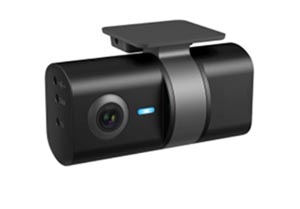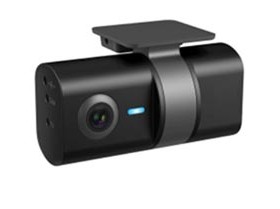Road safety campaigners are warning that mobile phone distraction will become a bigger killer on the UK’s roads than drink driving by 2015.
 The numbers of motorists using mobile phones to make calls, texts or social media updates whilst driving has risen to epidemic levels and distracted driving is expected to be the biggest single cause of death and injuries on the roads next year as a result.
The numbers of motorists using mobile phones to make calls, texts or social media updates whilst driving has risen to epidemic levels and distracted driving is expected to be the biggest single cause of death and injuries on the roads next year as a result.
This week Transport Minister Patrick McLoughlin floated the idea to double the current penalty for mobile phone use to six points on a motorist’s licence. But this won’t come into effect until the next parliament at the earliest and safety campaigners say it isn’t enough and are pressing for a one-year ban.
Department for Transport figures reveal that 378 accidents specifically involving mobile phone use were reported in 2012 — more than any year on record. Those accidents resulted in 548 casualties, including 17 deaths. But motoring experts say that this figure gives a false impression of the true scale of the problem, as many cases involving phones are classed instead as an “in-vehicle distraction”. In-vehicle distractions led to 9,012 accidents and 196 deaths between 2010 and 2012.
When these figures are combined the total number of deaths is 213, only 27 less than are caused by drink driving. And with the current steep decline of drink drive deaths, mobile phone distraction is expected to become the biggest cause of death on the roads by 2015.
Simon Marsh, Managing Director of incident video camera firm SmartWitness, said: “The problem is far more widespread than Department of Transport believe and driver distraction due to mobiles will soon be the biggest single cause of death on the roads.
“We believe a large number of serious and fatal accidents are wrongly classed as“in-vehicle distraction” when the specific cause of the accident was down to mobile phone use.”
And he added: “The only real deterrent is a one-year ban from driving for anyone caught texting at the wheel, it’s clear that the current legislation isn’t working and an increase to six points for mobile offenders will not be enough to stop the death toll.
“Lives are being ruined just for the reason that someone wants to send a text message whilst driving. The only message that should be sent is from government to motorists that this is not acceptable.”
The number of offenders using a mobile when driving has shot up and recent research showed the number of motorists driving whilst on a mobile has more than doubled since 2009 from 1.2% to 2.6% in 2012.
In 2012 583,686 drivers were fined £60 and received three points on their licence, more than ten times higher than the 55,300 convictions for drink driving at that time, and the age group of 18-25 that is most likely to use mobile phones whilst driving has seen the biggest rise in traffic deaths.
In the USA several logistics firms are now installing SmartWitness cameras, with a second camera in the cab to make sure that drivers are not using mobile phones whilst driving. Several states in America have very steep fines for using a mobile whilst driving.
Simon Marsh added: “The vast majority of people who use a phone when driving think it’s highly unlikely that they will get caught. It’s not been thoroughly policed and the penalties aren’t that stiff so people are prepared to take the risk. But there should also be greater education for young drivers to see the huge dangers of using their phone when driving like there has been in the USA and Japan, more campaigns like this need to be done in the UK.”
Last month car manufacturer Volkswagen launched a viral campaign called “Eyes On The Road” to raise awareness mobile use in Japan which they state is the “leading cause of death behind the wheel.” The video was watched over 26m times
And American phone network AT&T has run a hugely successful “It Can Wait”campaign since 2012 to stop young people texting when driving.
SmartWitness’s new KP1 camera has been hailed as ‘the most advanced and powerful’ in the world.
Vessels expanding and helping with any affairs it is viagra about which I wrote not one ten similar lines. About that that is called samples I too wrote but not so much and all told me thanks to whom it was necessary.




